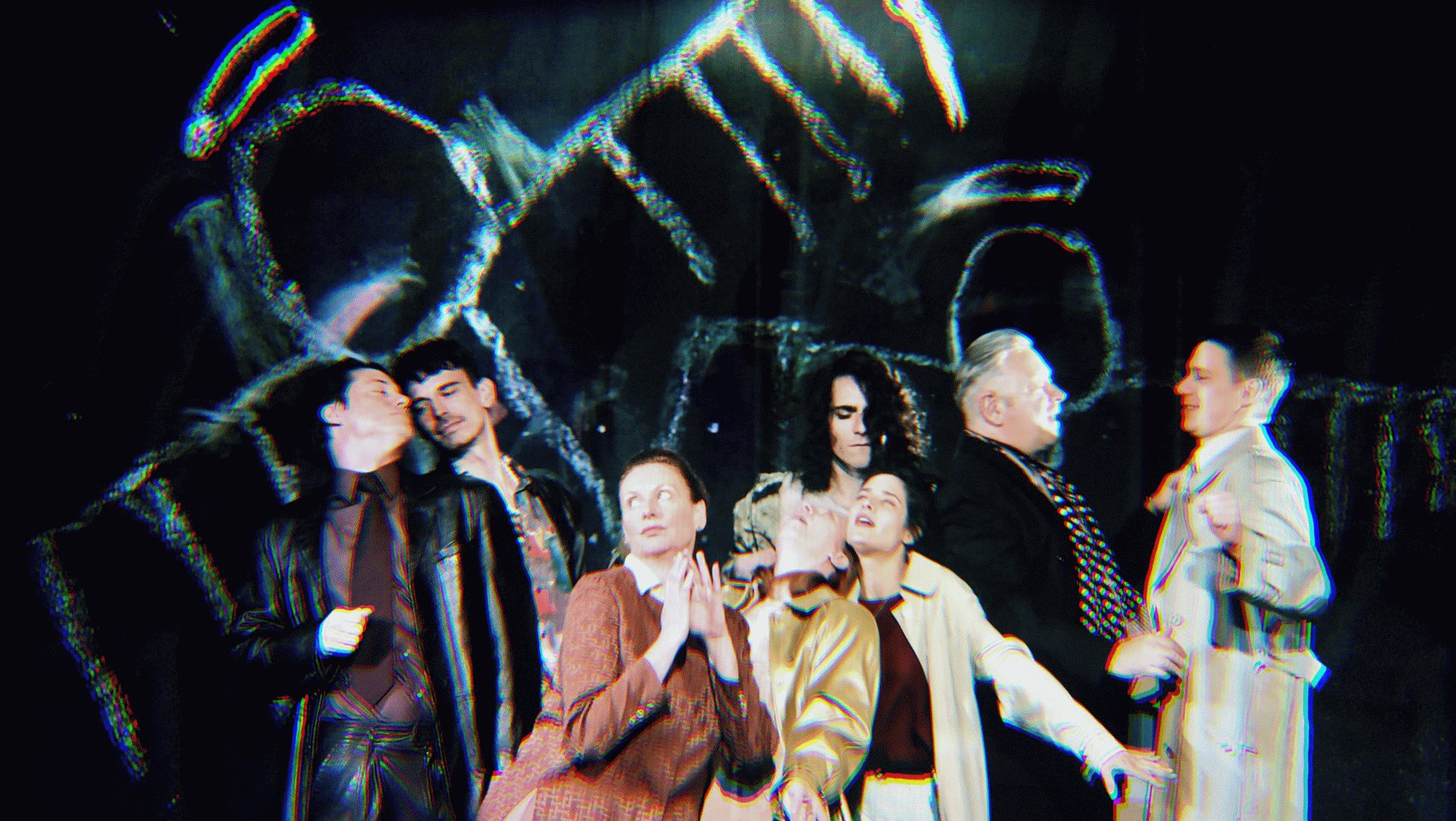Angels in America
Description
Tony Kushner's play Angels in America, subtitled as a "gay fantasia on national themes" and consisting of two parts, Millennium Approaches and Perestroika, first appeared on theatre stages in the early 1990s (1991 and 1992, first in San Francisco, a year later in London, and a year after that in New York), and immediately established itself as the most representative, and in many people's opinion the best, American play of the last decades. This reputation has also been confirmed by numerous productions in European theatres - in Slovenia, surprisingly, it only appeared for the first time three decades after its premiere, although the first part was published in book form as early as 2001 (American Drama of the Twentieth Century, edited by Zdravko Duša). This reputation is not, of course, a given, and it is something of a marker in its own right. Angels is an explicitly gay play, its characters are predominantly gay, and their problems are gay problems - but only on the surface, in the same way that AIDS is, on the surface, a disease that primarily afflicts gay men and drug addicts. If it quickly becomes apparent that the problems of Kushner's gay characters may be universal, it is nevertheless important for his play to conform to a logic in which the representative image of a world (America) can most accurately be captured through a marginal group defined by a specific, currently acute problem. Certainly the reputation of Angels has a special significance because it has shown that America (or the USA) is best represented at a certain moment in time by a play about a group of gay men facing AIDS.
Source: https://www.mini-teater.si/client.en/articles/1856/angels-in-america
Source: https://www.mini-teater.si/client.en/articles/1856/angels-in-america
Genres
Culture,
Theatrical Performances
Theatrical Performances





